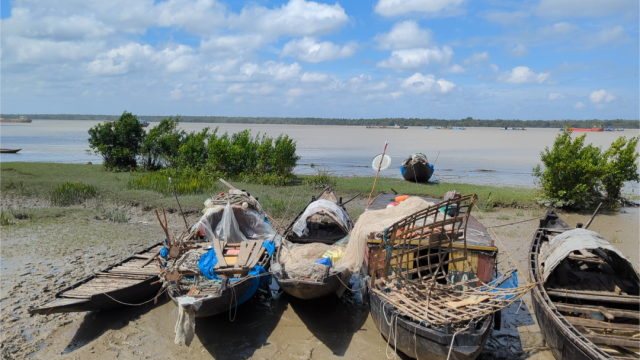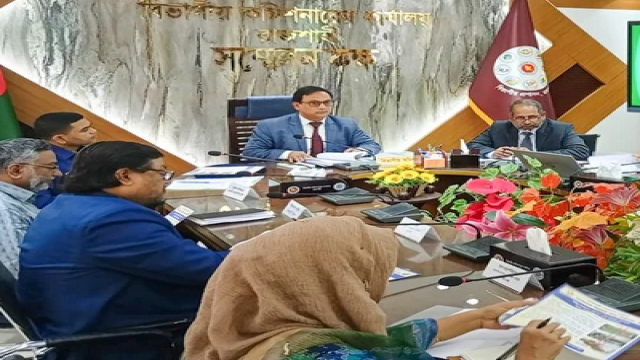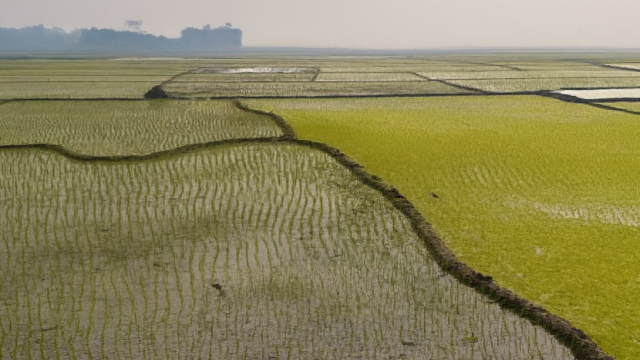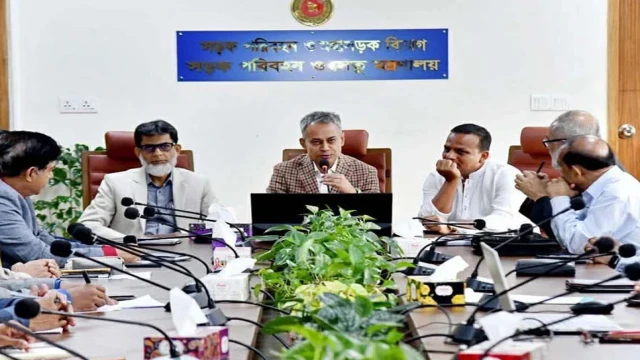Mongla, Nov 01 (V7N) — Thousands of fishermen living along Bangladesh’s coastal belt and the Sundarbans region are facing severe hardship due to a series of government-imposed fishing bans aimed at protecting marine resources and wildlife. These restrictions, applied almost year-round, have left many fishermen burdened with debt and struggling to survive.
Generations of coastal families have depended on fishing as their primary livelihood. However, repeated seasonal bans and declining fish populations have pushed many into financial distress. Despite taking loans to build boats and fishing nets, most fishermen say they can no longer recover their costs, let alone earn a profit.
According to Mongla Upazila Senior Fisheries Officer Md. Zahidul Islam, several bans are implemented annually to protect fish breeding and eliminate illegal fishing nets. Each January and February, a 15-day “special combing operation” is carried out to remove illegal nets from rivers. Fishermen using legal nets are allowed to fish, but during the raids, no compensation or support is provided to those affected.
From April 15 to June 11 each year, a 58-day ban is enforced in the Bay of Bengal to allow fish breeding. During this period, registered fishermen receive 70 kilograms of rice each as support. In October, another 22-day ban is imposed to protect mother hilsa fish, during which all fishing activities are suspended. Registered fishermen then receive 25 kilograms of rice each.
Additionally, from November 1 to June 30, fishing for juvenile hilsa—known locally as “jatka”—is prohibited. During this time, registered fishermen receive rice assistance in two installments of 80 kilograms each. Although they are allowed to catch other fish species during this period, overall earnings remain minimal.
Local fishermen, including Zahid Bepari, Chayan Biswas, and Siraj Shikder, said that fishing no longer provides enough to support their families. “Our ancestors fished these rivers, and we are doing the same, but now there are hardly any fish left. The rice we get during the bans isn’t enough to survive,” they lamented.
Others, like Kamal Hossain and Ohidul Sheikh, said they have been fishing for over 25 years but still have not received official fishing cards that would make them eligible for government aid. “Those with cards get some help, but we get nothing. We can barely manage food for our families, and our children have joined us in fishing,” they added.
Fishermen Abdur Rashid and Israfil Boyati pointed out that the continuous restrictions leave them unemployed for months. “If we go to the rivers during the bans, the authorities seize our nets and boats. We have no other skills or work options. The government should create alternative employment for us,” they said.
Bidyut Mondal, president of the Mongla unit of the National Fishermen’s Association, said nearly 30,000 fishermen live in the area, but only about 6,400 are officially registered. “At least 15,000 fishermen meet the criteria, but their applications remain pending. Meanwhile, some cardholders are not real fishermen. The authorities should ensure that genuine fishermen get registered and that aid allocations increase, as the current amount is insufficient,” he said, urging stricter administrative oversight.
The Department of Forests also enforces a three-month ban from June to August each year to protect the Sundarbans’ wildlife, vegetation, and fish breeding grounds. However, no assistance is provided during this time, leaving fishermen without income.
Fisheries Officer Zahidul Islam confirmed that 6,398 fishermen are registered in Mongla, with more applications under review. “The Fisheries Department provides rice assistance during fishing bans under its jurisdiction. Although no aid is given during forest bans, the Forest Department has recently taken the initiative to offer some support during its restriction period. We expect affected fishermen to start receiving assistance next year,” he said.
The long chain of restrictions, coupled with inadequate support, has made survival increasingly difficult for coastal fishing communities. For many, fishing remains not just an occupation—but a desperate struggle to keep a tradition, and their families, alive.


























Comment: